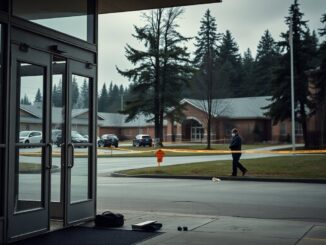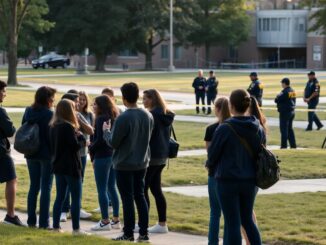Despite player departures, Wolves fans can find reasons for cautious optimism.

Topics covered
As Wolverhampton Wanderers gears up for the new season, fans are likely feeling a blend of anxiety and hope. With recent departures like Matheus Cunha and Rayan Ait-Nouri, it begs the question: can Wolves bounce back and assemble a competitive squad? The answer hinges on the club’s transfer strategy and the leadership of Vitor Pereira, who successfully navigated the team away from relegation last season.
Let’s dive into the current state of the team, the financial challenges ahead, and the prospects for future success.
Understanding the Financial Landscape
Wolves, like many clubs in the Premier League, aren’t exactly in a position to splurge like Manchester United or Liverpool.
They have to tread carefully, balancing financial constraints while complying with spending regulations. The impending £19 million signing of Fer Lopez from Celta Vigo shows their willingness to invest, but it’s important to realize that funds from the sales of Cunha and Ait-Nouri won’t fully be reinvested into the squad.
Last season, Wolves spent over £200 million on transfers, but now sustainability must take center stage. The club needs to sell players to keep its finances in check and remain compliant with regulations. With this in mind, expectations for big-name signings this summer—typically costing £30 million or more—should be tempered. Instead, the focus will likely shift towards younger players whose value can rise over time, aligning with a long-term vision.
Assessing Coaching and Leadership Changes
Vitor Pereira has already shown he can handle the pressure, having stepped in during a chaotic time last season. His contract runs for another year, and while a long-term deal would be ideal, it may depend on how the club navigates the transfer window. He faces the challenge of replacing key players while also strengthening the squad.
The recent reshuffle behind the scenes, including the appointment of Domenico Teti as director of professional football, hints at a strategic shift. Teti, who has a background with Pereira, is expected to support the coach and help bridge the gap between management and players. This collaboration is crucial for creating a cohesive environment that can propel the team forward.
Looking Ahead: Potential Signings and Player Departures
With Ait-Nouri gone and the need for backup for Jorgen Strand Larsen, Wolves are likely on the hunt for at least one wing-back. Semedo’s situation remains up in the air, and the club’s ability to attract talent will depend on their financial maneuvers. It’s essential to find players who fit Pereira’s system and can make a meaningful impact on the squad.
Additionally, fringe players like Adama Traore, Doyle, and Hwang are under the microscope. Their potential departures could free up funds for new signings, but the club must ensure they don’t lose valuable assets without proper replacements. In today’s performance-driven revenue environment, every decision needs to align strategically with the club’s long-term vision.
Practical Lessons for Wolves and Their Fans
From my time in the startup world, I’ve witnessed too many ventures crash due to a disconnect between goals and execution. For Wolves, the focus should be on establishing a solid product-market fit, which in this case means a team that can consistently perform in the Premier League. Fans should approach the season with cautious optimism, recognizing that while the departures are significant, the club’s strategy and leadership will play a crucial role in their future success.
Ultimately, Wolves must balance ambition with pragmatism. The key takeaway for fans and stakeholders is to keep a close eye on the club’s transfer activities and managerial decisions. As we anticipate the upcoming season, it’s all about building a sustainable model that allows for growth while remaining competitive in the league.




